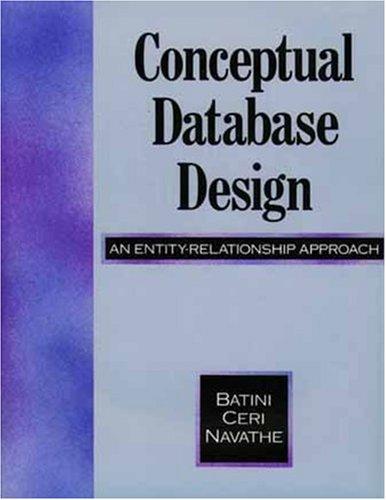Question
My question is what does @overide does in this piece of code : Fraction (in this file) public class Fraction implements Comparable { private int
My question is what does @overide does in this piece of code :
Fraction (in this file)
public class Fraction implements Comparable
public int getNumer() { return numer; } public int getDenom() { return denom; }
public void setNumer( int n ) { numer = n; } public void setDenom( int d ) { if (d==0) { System.out.println("Can't have 0 in denom"); System.exit(0); } else denom=d; }
public Fraction( int n, int d ) { int gcd = gcd( n, d ); setNumer(n/gcd); setDenom(d/gcd); } private int gcd( int n, int d ) { if (d == 0) { return n; } return gcd(d, n % d); }
public Fraction( Fraction other ) { this( other.getNumer(), other.getDenom() ); // call my full C'Tor with other Fraction's data }
public int compareTo( Fraction other ) { Fraction f=this;
f=f.subtract(other);
if((f.getNumer()>0 &&f.getDenom()>0) ||(f.getNumer()<0 &&f.getDenom()<0 )) { return 1; }
if((f.getNumer()>0 &&f.getDenom()<0) ||(f.getNumer()<0 &&f.getdenom()>0 )) { return -1; } else { return 0; } } public String toString() { return getNumer() + "/" + getDenom() + "\t=" + + ((double)getNumer()/(double)getDenom()); } private Fraction subtract(Fraction f) { int a=this.numer; int b=this.denom; int c=f.numer; int d=f.denom; int num=(a*d - b*c); int den=(b*d); Fraction frac=new Fraction(num,den); return frac; } }
FractionTester :
import java.io.*;
import java.util.*;
public class FractionTester
{
public static void main( String args[] ) throws Exception
{
Random generator = new Random( 17 );
// POPULATE AN ARRAYLIST OF FRACTIONS WITH RANDOM VALUES
ArrayList
for (int i=5 ; i>=0 ; --i )
AList.add( new Fraction(1+generator.nextInt(100), 1+generator.nextInt(100)) ); // numer and denom in [1..99]
// MAKE DEEP COPY OF THOSE FRACTIONS IN THE ARAYLIST ABOVE, BUT STORE INTO PLAIN ARRAY OF FRACTION
Fraction[] plainArr = new Fraction[ AList.size() ];
for ( int i = 0 ; i < plainArr.length ; ++i )
plainArr[i] = new Fraction( AList.get(i) );
// PRINT BOTH CONTAINERS TO VERIFY THEY MATCH
System.out.println(" ArrayList OF FRACTIONS UNSORTED:");
for ( Fraction f : AList )
System.out.println( f );
System.out.println(" plainArr OF FRACTIONS UNSORTED:");
for ( Fraction f : plainArr )
System.out.println( f );
// SORT BOTH CONTAINERS USING APPROPRIATE LIBRARY
Collections.sort( AList );
Arrays.sort( plainArr );
//RE-PRINT BOTH AND THEY SHOULD BE IDENTICAL AND IN SORTED ORDER
System.out.println(" ArrayList OF FRACTIONS SORTED:");
for ( Fraction f : AList )
System.out.println( f );
System.out.println(" plainArr OF FRACTIONS SORTED:");
for ( Fraction f : plainArr )
System.out.println( f );
}// END MAIN
} // END
Step by Step Solution
There are 3 Steps involved in it
Step: 1

Get Instant Access to Expert-Tailored Solutions
See step-by-step solutions with expert insights and AI powered tools for academic success
Step: 2

Step: 3

Ace Your Homework with AI
Get the answers you need in no time with our AI-driven, step-by-step assistance
Get Started


